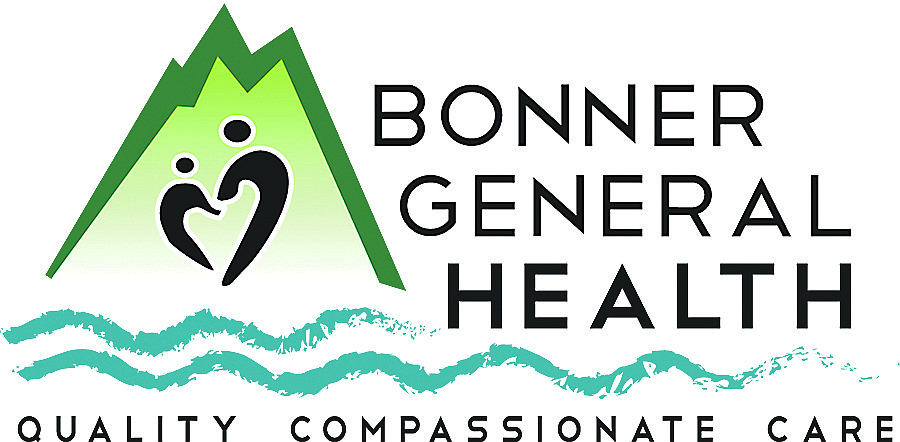Stomach cancers asymptomatic in early stages
Stomach cancer, also called gastric cancer, typically doesn’t cause symptoms early on. That’s what makes it difficult to diagnose in its initial stages. WebMD says that stomach cancer may cause indigestion, feeling bloated after a meal, heartburn, slight nausea and loss of appetite. Often when we have these signs we take an over-the-counter medication and they go away. But, what if they don’t?
Anytime you have a recurrence of symptoms that seem to linger more than a few days you should call your primary care provider. There are a whole bunch of medical issues that can be causing the distress and it’s a good idea to rule out the worst of them.
Stomach cancer is relatively uncommon. This year, an estimated 26,550 (16,160 men and 10,400 women) in the U.S. will be diagnosed. Compare that to the 235,760 new cases of lung cancer that are projected to be diagnosed in 119,100 men and 116,600 women.
“Scientists don’t know exactly what makes cancer cells start growing in the stomach,” WebMD says. “But they do know a few things that can raise your risk for the disease. One of them is infection with a common bacteria, H. pylori, which causes ulcers. Inflammation in your gut called gastritis, a certain type of long-lasting anemia called pernicious anemia, and growths in your stomach called polyps also can make you more likely to get cancer.”
Mayo clinic explains that cancer begins when cells in the stomach change their DNA. “A cell’s DNA contains the instructions that tell the cell what to do. The changes tell the cell to grow quickly and to continue living when healthy cells would die. The accumulating cells form a tumor that can invade and destroy healthy tissue.”
Although the cancer can affect any part of the stomach, in most of the world it forms in the main part of the stomach, but in the U.S. it’s more likely to affect the area where the esophagus meets the stomach. This area is called the gastroesophageal junction.
Stomach cancers are classified according to the type of tissue in which they begin. Ninety-five percent start in the glandular tissue that lines the stomach. “The tumor may spread along the stomach wall or may grow directly through the wall and shed cells into the bloodstream or lymphatic system,” WebMD says.
Stomach cancers affect men more frequently than women and most often are seen in people between the ages of 60 and 80. People who work or have worked in the coal, metal, timber or rubber industries are at higher risk, as are those who’ve been exposed to asbestos.
A family history, type-A blood, stomach surgery for an ulcer, a diet high in smoked, pickled, or salty foods, being overweight or obese, smoking and drinking alcohol regularly put you at a higher risk. Add to the list those who’ve had Epstein-Barr virus infection, certain genes and hereditary factors such as familial adenomatous polyposis, hereditary non-polyposis colorectal cancer and Peutz-Jeghers syndrome. (I don’t know what that is either, but you can bet I’ll look it up!)
Prevention starts with eliminating stomach infections. H. pylori can be treated with antibiotics and there are medications that can heal sores in the lining of your stomach.
Maintain a healthy weight. Eat a diet full of fresh fruits and vegetables. “They’re high in fiber and in some vitamins that can lower your cancer risk,” WebMD says. And, they say to avoid very salty, pickled, cured, or smoked foods like hot dogs, processed lunch meats, or smoked cheese.
“Your stomach cancer risk doubles if you use tobacco,” WebMD says. I say, quit smoking, chewing and vaping. It just isn’t good for you. Talk to your doctor about smoking cessation techniques, classes and nicotine supplements. And, if you don’t smoke, avoid secondhand smoke. It’s not good for you either.
WebMD also says to watch aspirin or NSAID use. “If you take daily aspirin to prevent heart problems or NSAID drugs for arthritis, talk to your doctor about how these drugs might affect your stomach.”
And finally, talk to your PCP about your family history. A genetic test can tell if you are carrying certain genes that make you more susceptible to stomach cancer.
Kathy Hubbard is a member of Bonner General Health Foundation Advisory Council. She can be reached at kathyleehubbard@yahoo.com.

